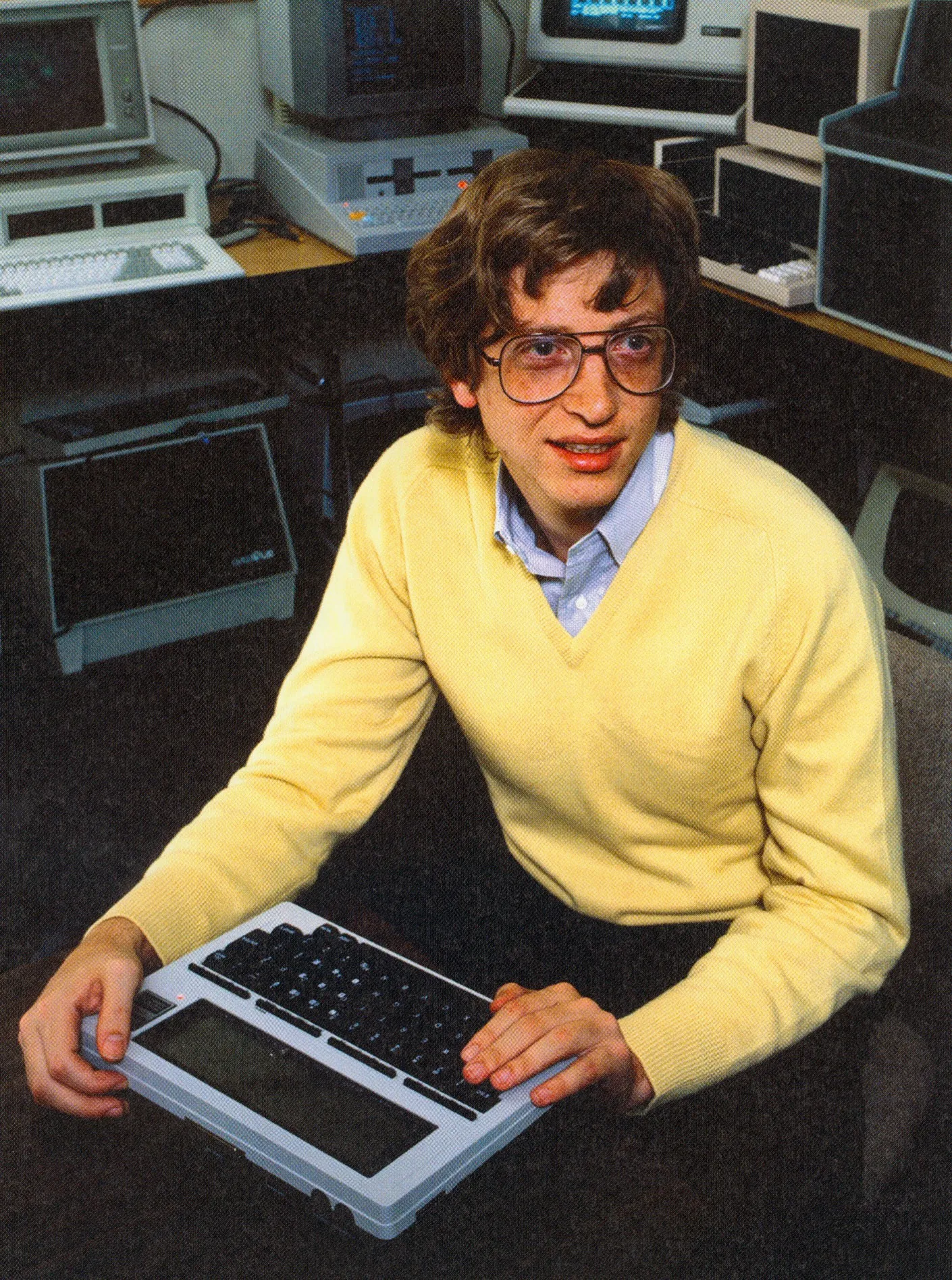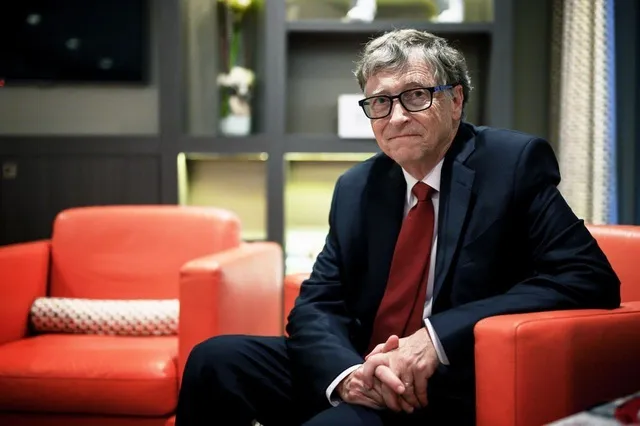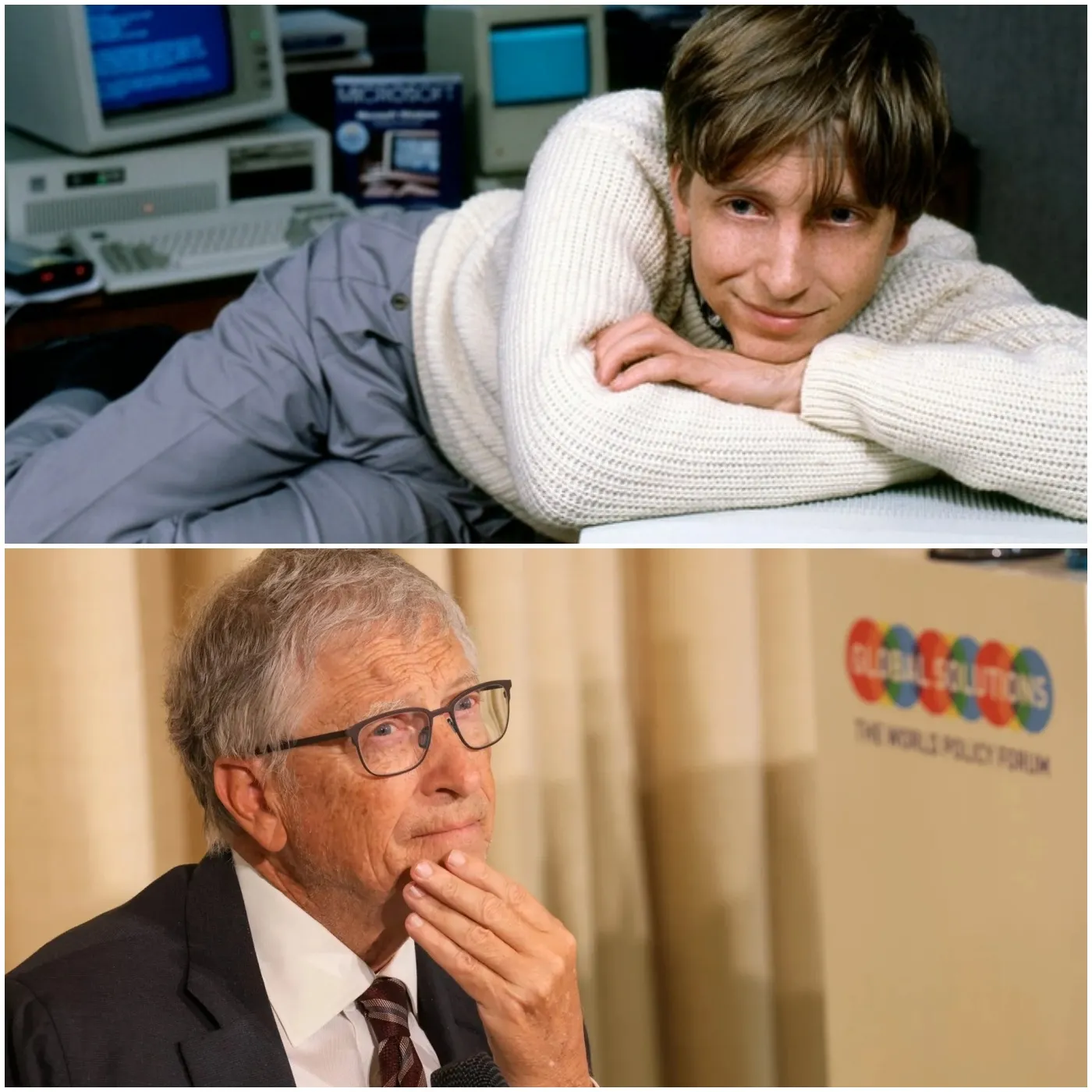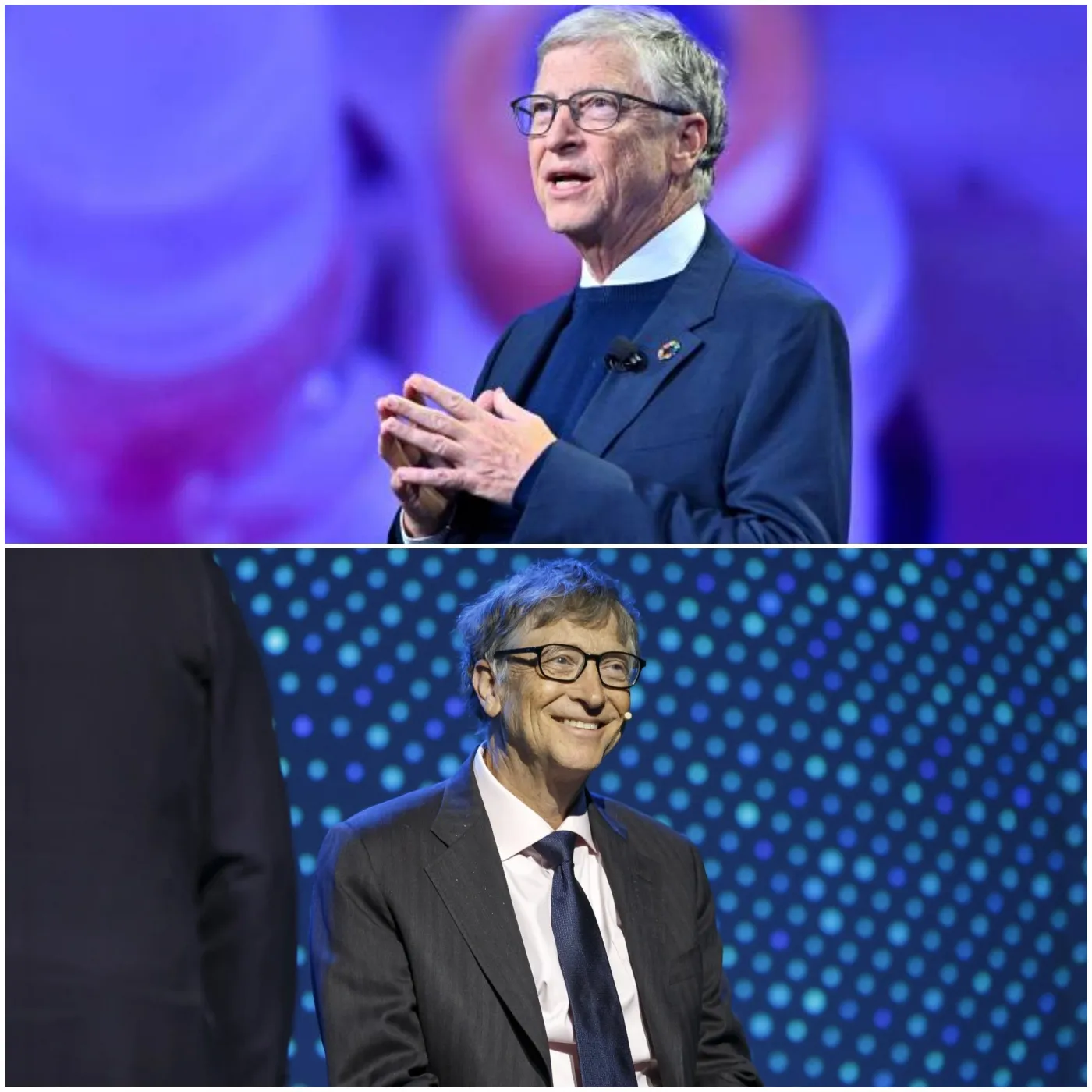Childhood Habits That Helped Bill Gates Become a Billionaire
Bill Gates, the co-founder of Microsoft and a fixture among the world’s wealthiest individuals, attributes much of his monumental success to the habits he cultivated as a young boy. While today’s youth are often captivated by the digital world of smartphones and social media, Gates’ upbringing in the 1960s and 70s was defined by curiosity, exploration, and an insatiable appetite for knowledge. These early habits laid the groundwork for his journey to amassing a staggering $166 billion fortune.
From a young age, Gates exhibited a natural curiosity that set him apart. His parents, recognizing this trait, encouraged his inquisitiveness by providing him with ample resources to explore his interests. Gates developed a profound love of reading, devouring everything from encyclopedias to science fiction novels. In his own words, he would often spend hours in his room, lost in the pages of a book, allowing his imagination to wander far beyond the confines of his home in Seattle. This habit not only broadened his knowledge but also helped him develop critical thinking skills that would later prove invaluable in his career.
Beyond reading, Gates’ childhood was marked by exploration and experimentation. He attended Lakeside School, where he was first introduced to computers—a rare opportunity in the early 1970s. It was here that he wrote his first computer program and began to understand the potential of technology. Unlike many of his peers who saw the computer as a novelty, Gates saw it as a tool to shape the future. His curiosity drove him to spend countless hours experimenting with code, often pushing the boundaries of what was possible at the time.
Gates’ parents also played a pivotal role in his development. They encouraged healthy competition and a strong work ethic. Family board games would often turn into lessons in strategy and negotiation—skills Gates would later apply to business. His mother, Mary, who served on several high-profile boards, including that of United Way, inspired him to combine business acumen with philanthropy.
Reflecting on his childhood, Gates often emphasizes the importance of balancing curiosity with discipline. His love of reading and coding was matched by his determination to turn those interests into tangible achievements. These habits, forged in his formative years, became the foundation of his success, driving him to co-found Microsoft in 1975 and transform it into a global tech powerhouse.
Today, even with his immense wealth and influence, Gates continues to advocate for lifelong learning and curiosity. Through his philanthropic efforts with the Bill & Melinda Gates Foundation, he promotes education, technology, and innovation—hoping to inspire future generations to adopt the same habits that helped him build his legacy.
1. The Power of Reading: Building a Billionaire’s Mindset
From a young age, Gates found solace in books. When feeling restless or needing a break, he would retreat to his room, immersing himself in stories and ideas for hours on end.
“When I’m restless, tired, or have just caused some trouble, I go to my room and immerse myself in books and ideas,” Gates shared on his personal blog. “I do this for hours on end without anyone bothering me. In these moments, I can turn my free time into an opportunity to think deeply and learn things.”
This habit of intense reading not only expanded his knowledge but also honed his ability to focus. Gates believes that the countless hours spent with books contributed significantly to his future success.
Key Takeaway: Encouraging children to read and explore topics of interest can build a strong intellectual foundation. It fosters curiosity, enhances focus, and develops critical thinking skills—traits that Gates carried into his business ventures.

2. A Playful Childhood: Fueling Creativity Through Exploration
Beyond books, Gates spent much of his youth outdoors. He often hiked, played with friends, and explored the natural world around Seattle. This freedom to roam and discover had a profound impact on his creativity.
“Our attention span is like a muscle. Social media addiction makes it difficult to develop,” Gates noted. His “playful childhood” provided a stark contrast to today’s “phone childhood,” where constant digital engagement can hinder creative thinking.
Through unstructured play and real-world experiences, Gates developed a problem-solving mindset. Whether navigating trails or building makeshift inventions, he learned to approach challenges with curiosity and ingenuity—skills that later translated into his work at Microsoft.
Key Takeaway: Encouraging outdoor play and exploration can enhance a child’s creativity. Real-world experiences provide opportunities to solve problems, make decisions, and develop a resilient mindset.

3. Embracing Solitude: The Birth of “Think Week”
One of Gates’ most impactful habits as an adult was rooted in his childhood ability to enjoy solitude. During the 1990s, as Microsoft’s CEO, he introduced the concept of “Think Week.”
For seven days, Gates would isolate himself in a secluded cabin in the woods, armed only with a backpack full of books and research papers. He turned off all distractions—including email—to focus entirely on reading, thinking, and writing about the future.
This practice led to some of Microsoft’s most significant innovations, including the development of Internet Explorer, as reported by the Wall Street Journal. The ability to disconnect and focus deeply allowed Gates to process information and generate groundbreaking ideas.
Key Takeaway: Setting aside dedicated time for deep thinking can lead to major breakthroughs. Whether in business or personal development, uninterrupted focus allows ideas to flourish.

4. The Influence of Books: Shaping Thought Leadership
Gates’ passion for reading continues to influence his life. He often shares book recommendations, such as “The Anxious Generation” by social psychologist Jonathan Haidt.
The book explores how technology affects children’s brains, highlighting concerns about memory, concentration, and mental health. Gates’ endorsement reflects his belief that while technology offers many benefits, it also presents challenges to cognitive development—especially in young people.
By consistently seeking new knowledge, Gates reinforces the importance of lifelong learning. His approach demonstrates how reading can provide fresh perspectives and inspire innovative thinking.
Key Takeaway: Books offer a gateway to new ideas and insights. Encouraging a habit of reading can promote lifelong learning and help individuals adapt to an ever-changing world.

5. Fostering Focus: Avoiding Digital Distractions
Gates believes that his ability to “isolate” himself from distractions was a key factor in his success. He cautions against the impact of constant notifications and digital interruptions, which can erode attention spans.
“Without the ability to focus intensely and pursue ideas, the world will miss out on many breakthroughs,” Gates warns. His disciplined approach to managing distractions allowed him to channel his energy into meaningful projects—both during his childhood and throughout his career.
Key Takeaway: Developing habits that limit distractions can enhance productivity. Setting boundaries with technology can improve focus and create space for deep, creative thinking.

Timeless Habits for Lasting Success
Bill Gates’ journey from a curious child to a global tech leader offers valuable lessons for all ages. His childhood habits—immersing himself in books, exploring the world around him, embracing solitude, and maintaining focus—shaped the billionaire he is today.
For parents, educators, and aspiring entrepreneurs, Gates’ story emphasizes the importance of nurturing curiosity, promoting unstructured play, and encouraging deep thinking. These timeless habits can unlock potential, drive innovation, and pave the way for future success.
By looking beyond screens and engaging with the world through books and experiences, anyone can build a strong foundation for achieving their goals—just as Gates did.




Post Comment